Question And Answer
Publications
Articles, publications, books, tools and multimedia features from the U.S. Institute of Peace provide the latest news, analysis, research findings, practitioner guides and reports, all related to the conflict zones and issues that are at the center of the Institute’s work to prevent and reduce violent conflict.

Local Cross-line Coordination in Syria
Throughout the eight-year-long conflict in Syria, the movement of people and goods—including vital foodstuffs, medicines, equipment, and fuel—has often been severely restricted by periods of prolonged fighting. Yet in many areas, local arrangements, historical circumstances, and key actors have facilitated trade and movement across the lines of conflict. This report examines four cross-line areas in Syria and draws lessons for how these local dynamics might affect the resolution of the larger conflict and these communities in the long term.
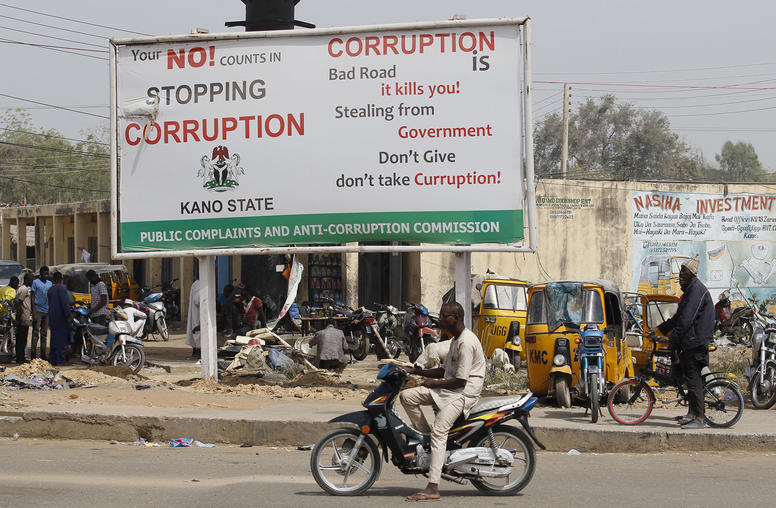
Donor Assistance in the Transparency and Accountability Movement
Focusing on transparency and anti-corruption issues, this report discusses the findings from a series of participatory workshops and more than seventy interviews with social movement actors and organizations in Kenya, Nigeria, and Ukraine. It looks at the different ways social movement actors in these countries were influenced by foreign financial support and training, including in terms of the goals they set, the tactics and activities they pursue, and whether receiving foreign support compromises their legitimacy with their domestic constituents.
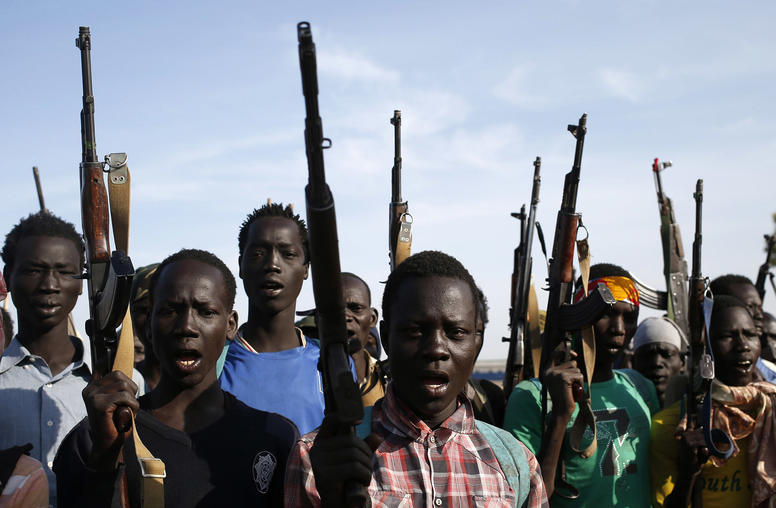
Ceasefire Monitoring in South Sudan 2014–2019: “A Very Ugly Mission”
More than five years after South Sudan’s first ceasefire agreement, ceasefire monitors are still on the ground. The hope was that their work would help overcome the mistrust between rival factions, halt ongoing violence, and deter further violations. Drawing on interviews with monitors, combatants, politicians, civil society representatives, diplomats, peacekeepers, and others, this report examines the history of ceasefire monitoring in South Sudan and offers recommendations for donors supporting future monitoring processes in South Sudan and elsewhere.
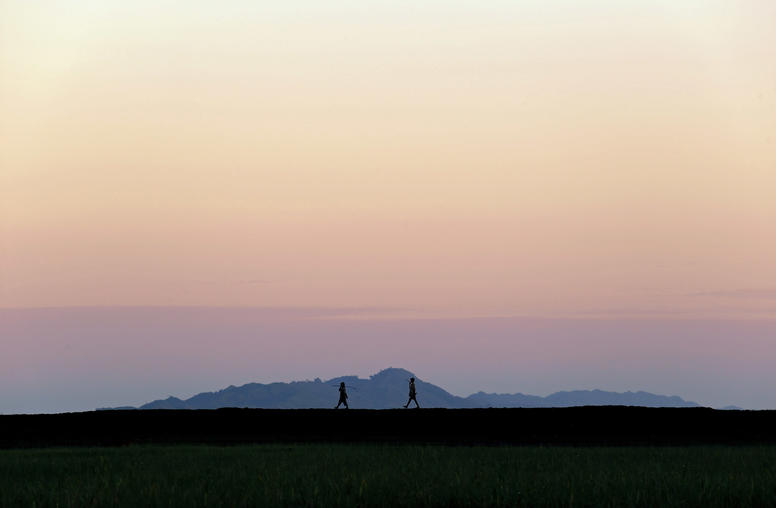
The Religious Landscape in Myanmar’s Rakhine State
This Peaceworks report maps the religious landscape of Myanmar’s Rakhine State, focusing in particular on the current and potential influence of religion in peace and reconciliation efforts. Part of a broader USIP initiative to map the religious landscape in conflict-affected environments, it presents key findings and offers recommendations to enable policymakers and peacebuilding practitioners to better navigate and engage within Rakhine’s religious landscape.
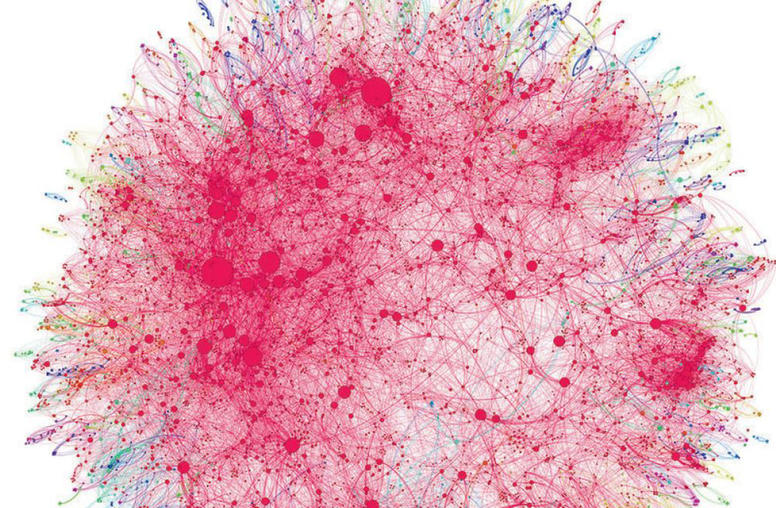
Systems Thinking for Peacebuilding and Rule of Law (French)
Notre approche traditionnelle de la consolidation de la paix et de l’État de droit semble solide : des objectifs ambitieux, une injection de ressources, des équipes d’experts travaillant intensément. Pourtant nous semblons rarement aboutir à des réformes véritablement fructueuses et durables. Pourquoi nous enlisons-nous ? Une des réponses possibles réside dans notre façon de percevoir les systèmes avec lesquels nous travaillons. Nous avons tendance à traiter de nombreux systèmes de consolidation de la paix et de l’État de droit comme s’ils étaient des systèmes d’horloge, c’est-à-dire ordonnés, réguliers et prévisibles. En réalité, les environnements dans lesquels nous travaillons sont plutôt des systèmes de type nuage,en cela qu’ils sont désordonnés, irréguliers et imprévisibles.
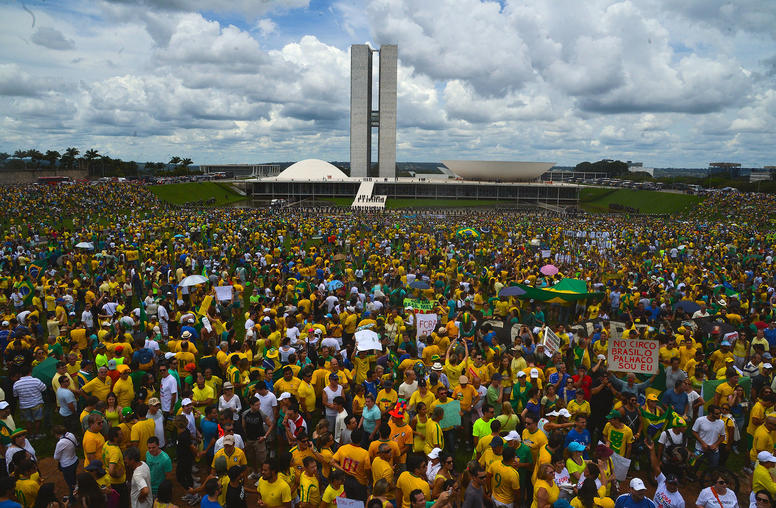
Five Things You Need to Know About Foreign Funding for Social Movements
From Kenya to Ukraine to Guatemala, citizen-led campaigns are fighting against corruption and demanding government accountability and transparency. Government donors and private foundation have increasingly supported such efforts. But, how does foreign funding impact the goals social movements seek to achieve and the tactics they use to get there? How does foreign funding impact a social movement’s ability to mobilize the masses? And what should external funders consider when supporting social movements? USIP’s Davin O’Regan discusses the finding of a forthcoming USIP Peaceworks examining the impact of external support to social movements focused on transparency and accountability.
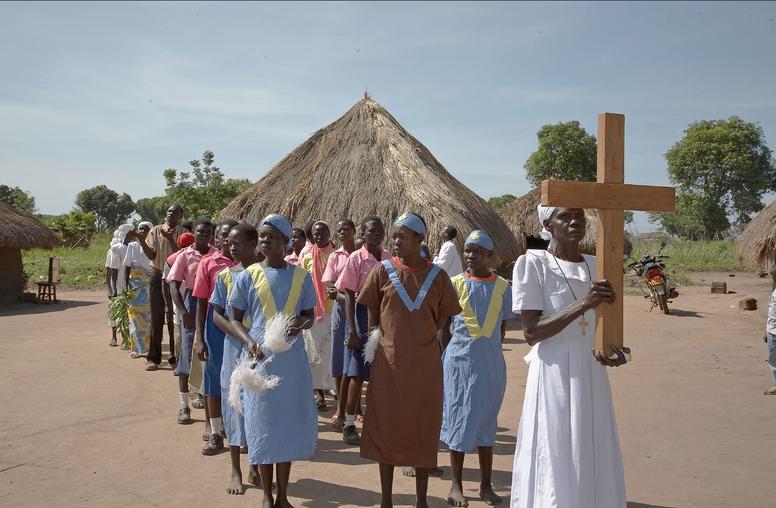
The Religious Landscape in South Sudan: Challenges and Opportunities for Engagement
Since the beginning of South Sudan's civil war in 2013, the country's religious actors have sought to play an active role in turning the tide from war and violence to peace and reconciliation. Drawing on interviews, focus groups, and consultations, this report maps the religious landscape of South Sudan and showcases the legitimate and influential religious actors and institutions, highlights challenges impeding their peace work, and provides recommendations for policymakers and practitioners to better engage with religious actors for peace.
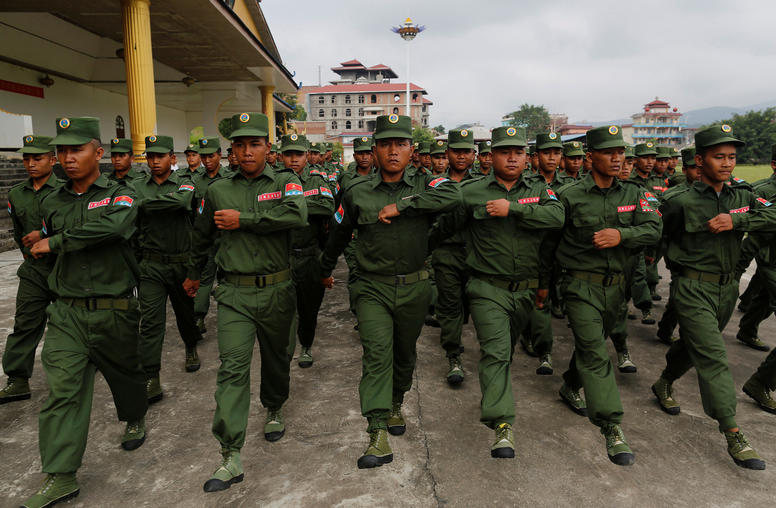
The United Wa State Army and Burma’s Peace Process
The United Wa State Army, a force of some twenty-thousand fighters, is the largest of Burma’s ethnic armed organizations. It is also the best equipped, boasting modern and sophisticated Chinese weaponry, and operates a formidable drug empire in the Golden Triangle region. This report examines the history of the Wa people, the United Wa State Army’s long-standing political and military ties to China, and the Wa’s role in Burma’s fragile peace process.
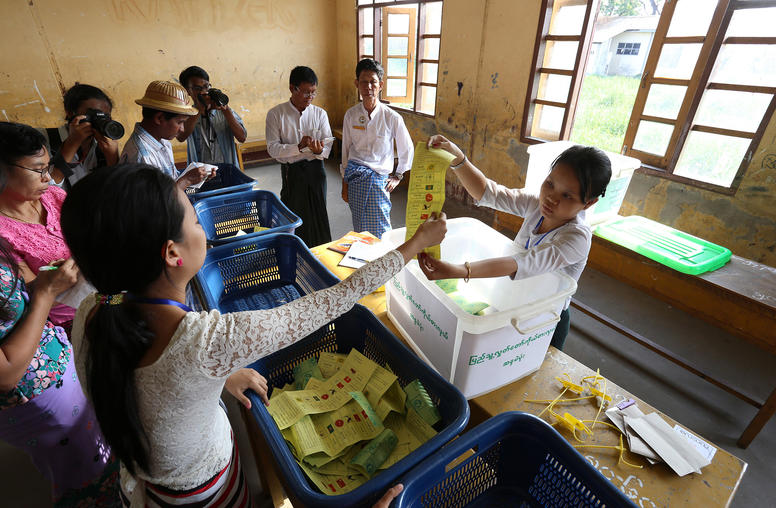
Myanmar’s 2020 Elections and Conflict Dynamics
In late 2020, Myanmar will hold a general election for more than a thousand seats in Union, state, and regional legislative bodies. The next year and a half will also see two high-level, conflict-laden processes capture domestic and international attention—the 21st Century Panglong peace conference and possible attempts to repatriate Rohingya refugees. This report evaluates the environment in which the peace process, Rohingya repatriation, and the election intersect and identifies opportunities for mitigating conflict in the run-up to the election.
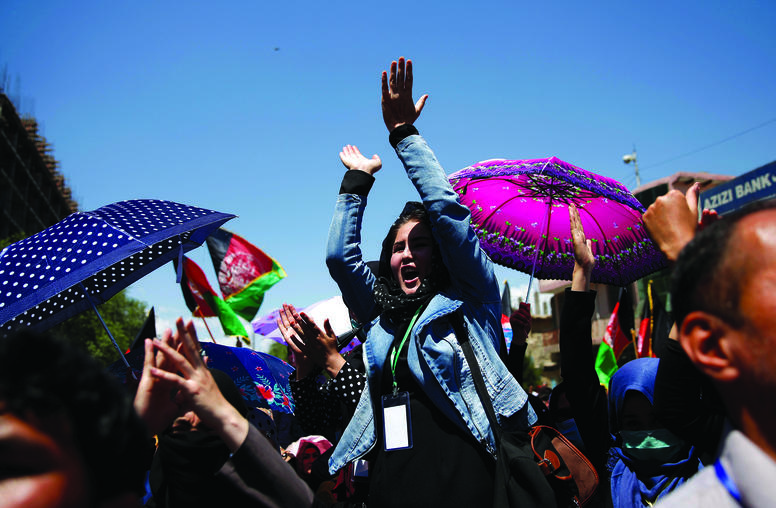
Youth Protest Movements in Afghanistan
The youth-led protest movements that emerged after the 2014 Afghan presidential election added a new dynamic to Afghan politics. Motivated primarily by widespread perceptions of injustice, exclusion and marginalization from governmental policymaking, and rapidly deteriorating...